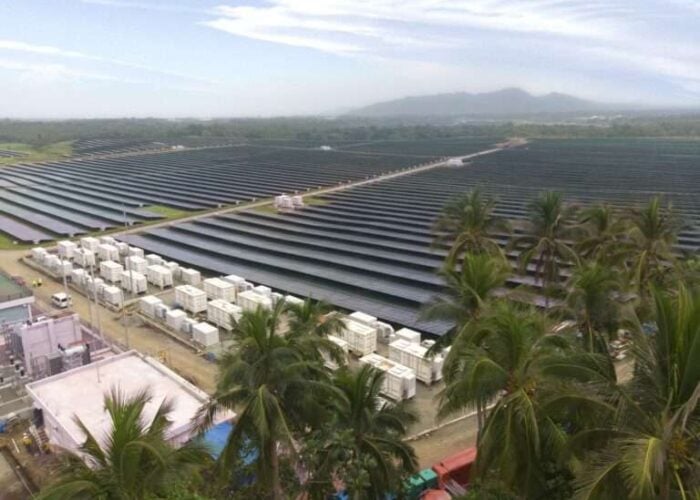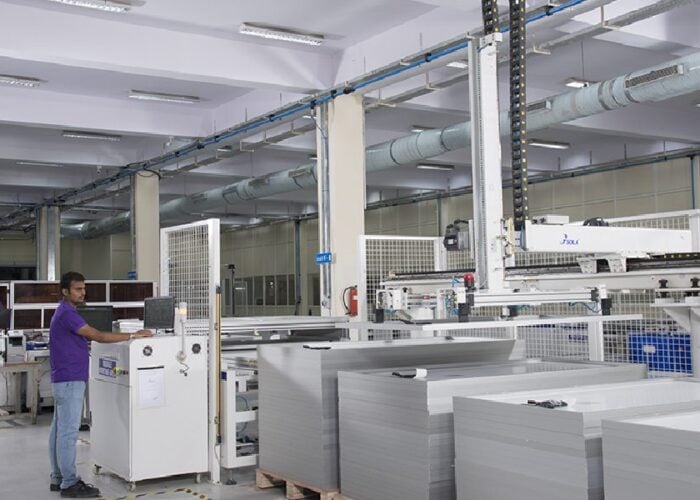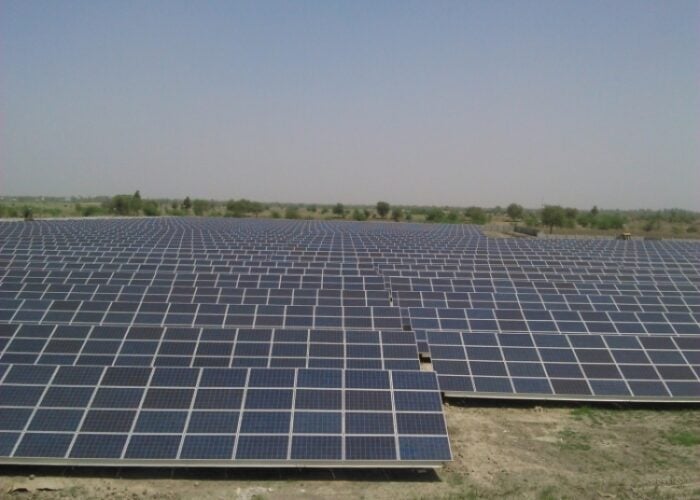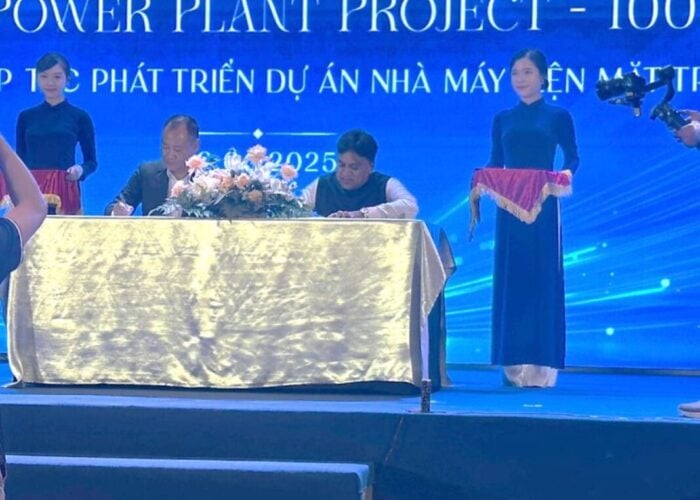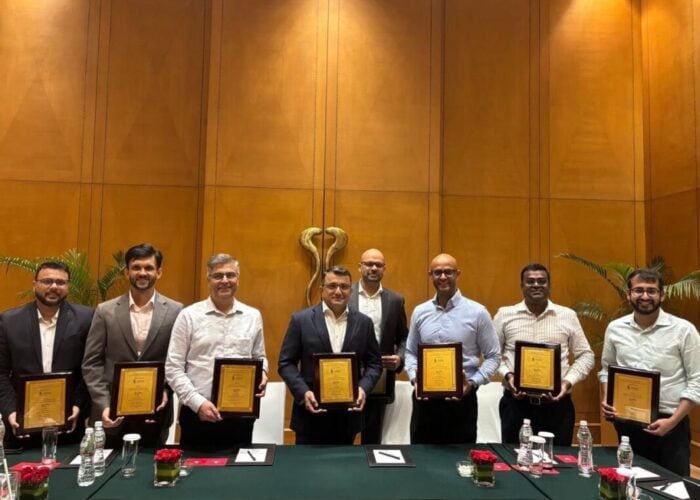India’s Ministry of Finance has temporarily deferred its imposition of a 25% safeguard duty on solar cell and module imports in compliance with a stay issued by the High Court of Orissa.
The notification issued on 13 August stated: “It has been decided not to insist on payment of safeguard duty, for the time being.
Unlock unlimited access for 12 whole months of distinctive global analysis
Photovoltaics International is now included.
- Regular insight and analysis of the industry’s biggest developments
- In-depth interviews with the industry’s leading figures
- Unlimited digital access to the PV Tech Power journal catalogue
- Unlimited digital access to the Photovoltaics International journal catalogue
- Access to more than 1,000 technical papers
- Discounts on Solar Media’s portfolio of events, in-person and virtual
“Accordingly, till further direction from the Board, the said goods, namely solar cells whether or not assembled in modules or panels would, in respect of said safeguard duty, be assessed provisionally on furnishing of simple letter of undertaking or bond by the concerned person.”
The Ministry’s announcement of the safeguard duty on 30 July caused widespread confusion since it came immediately after the High Court of Orissa had issued a stay on the imposition of the duty until 20 August. Last week, the Orissa High Court told the Ministry to withdraw its safeguard duty notification by 13 August.
Developers Shapoorji Pallonji, Hero Future Energies and Acme Solar as well as domestic PV module manufacturer Vikram Solar had also all filed new petitions at the Orissa High Court against the safeguard duty since its imposition.
Developers had been concerned about whether projects already bid out or under construction would be issued a pass-through on the duty so they would not have to bear the added costs of the duty. The Ministry of New and Renewable Energy (MNRE) had assured developers that a pass-through would be granted and had itself directed the Ministry of Finance. There were still concerns about how the pass-through would be implemented. In any case, developers will now have a temporary relief from the issue with the duty deferred.
Ali Imran Naqvi, vice president of advisory and engineering firm Gensol Group, recently guest blogged on the potential impacts of the safeguard duty on imports from developed countries as well as China and Malaysia.


